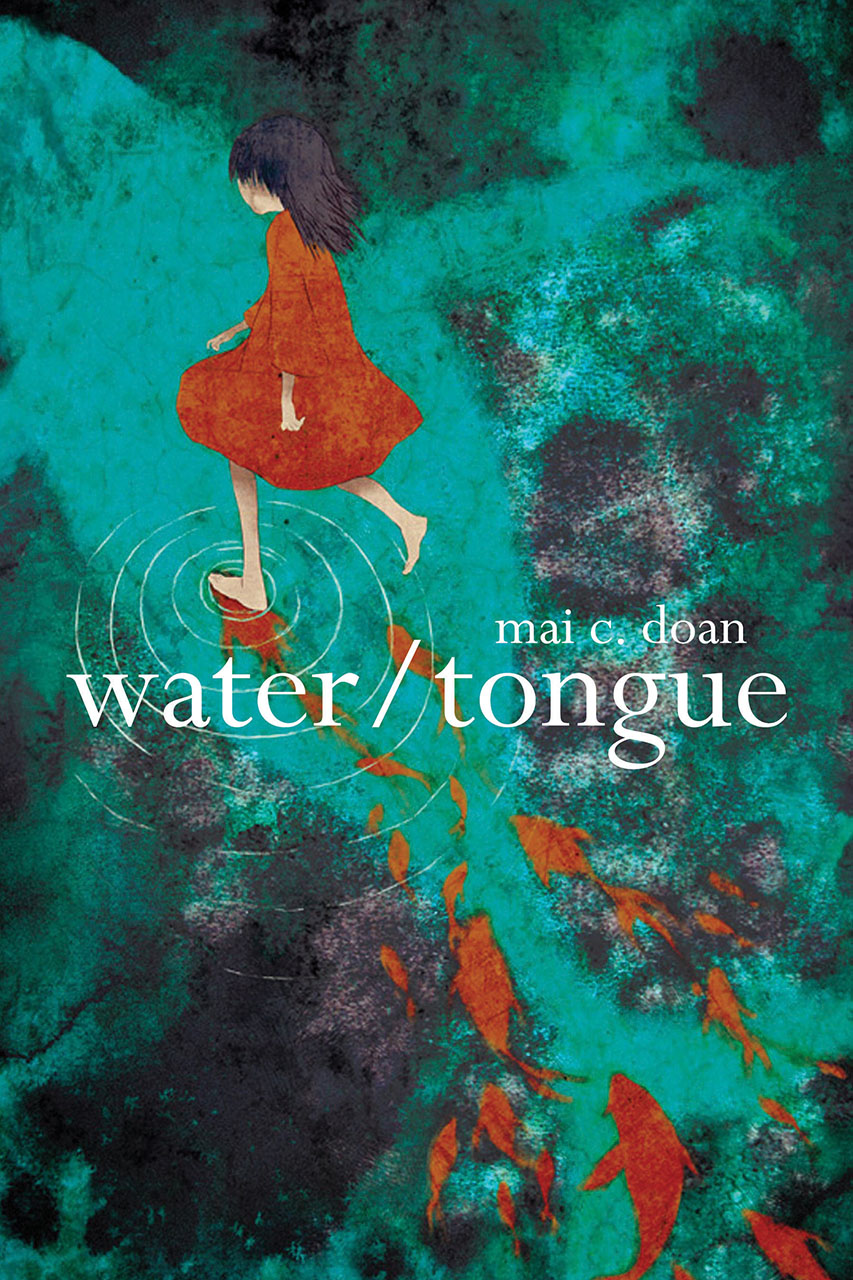When it Comes to Latinidad, Who Is Included and Who Isn’t?Posted in Anthropology, Articles, Caribbean/Latin America, Latino Studies, Media Archive, United States on 2019-07-31 20:28Z by Steven |
When it Comes to Latinidad, Who Is Included and Who Isn’t?
Remezcla
2019-07-30
At the top of November 2018, an Instagram meme created by writer Alan Pelaez Lopez went viral. The Afro-Indigenous (Zapotec) activist placed the term Latinidad on a car making a sharp right turn at an exit. At the top of the image, the road sign that points ahead lists, “admitting racism & anti-Blackness exists & a commitment to build solidarity with Black and Indigenous people.” The arrow pointing right notes, “mestiza supremacy & your insistence that your great-great-great-great grandmother was Black.” The car, which moved in the latter direction, symbolizes the ideologies of Latinidad.
A few days later, Pelaez posted on their Instagram account that “Latinidad is canceled.”
With each repost or share, Latinxs, a large percentage identifying as Afro-Latinx and/or Indigenous, championed Pelaez Lopez’s meme and called for cancellation. Others, many who would be racialized as white or mixed-raced (mulatto or mestizo) Latinxs, contested the message.
Though positioned as an all-inclusive cultural identity, Latinidad has historically proven to be a term beneficial to a select few. Gauging one’s proximity to whiteness – gender, sexual preference and able-bodied privileges included – Latinidad incites the question, who is included and, ultimately, excluded from its definition?…
Read the entire article here.

